Vitamin C, also known as L-ascorbic acid, is an essential water-soluble vitamin that plays an important role in the human diet. Although certain animals can produce vitamin C on their own, humans must obtain it from outside sources.
Vitamin C is present in a variety of fresh vegetables and fruits, as well as dietary supplements. According to research, consuming vitamin C-rich foods is essential for a robust body.
Table of Contents
What is Vitamin C?
Vitamin C, also known as ascorbic acid, is water-soluble. This implies that it absorbs in water and even is transported to the body's tissues, but it does not store well, which means it must be consumed daily via diet or supplements. Vitamin C aids in the control of infections and the healing of injuries, and is a potent antioxidant capable of neutralising detrimental free radicals. It is required for the production of collagen that is woven throughout numerous body systems, including the nervous, immune, bone, cartilage, and circulatory systems. The vitamin aids in the production of multiple hormones and chemical mediators utilised by the brain and nerves.
Why do you need Vitamin C
Vitamin C aids in the development and function of numerous body organs. It helps the body create compounds that are vital for the nerves, heart, brain, muscles, and production of energy.
Vitamin C serves to replenish antioxidants in the body. Antioxidants prevent cell injury that can result in illness. It also aids in protein metabolism and iron absorption.
Health benefits of Vitamin C:
Vitamin C is required for the production of collagen, a protein which is essential to connective tissue and wound healing. As a result, vitamin C serves a crucial function in wound healing.
Vitamin C helps to immune defence against illnesses and infections by promoting the production of white blood cells. A deficiency in vitamin C weakens the body's defences and increases the risk of contracting infections. It will not heal your cold, however it may abbreviate its duration.
Vitamin C contributes to the restoration and maintenance of teeth, healthy bones, and cartilage. Vitamin C may also decrease the likelihood of cartilage loss in osteoarthritis patients.
Vitamin C Deficiency
19 and older adults require 75-90 milligrammes of vitamin C per day. If you consume the appropriate foods, you are able to meet your daily requirements through your regular diet.
Despite a lack of vitamin C being relatively uncommon, it can result in scurvy. Among the symptoms of scurvy are:
- Fatigue
- Unhappiness and melancholy
- Extreme joint or leg discomfort
- Swollen, gushing gums
- Having red or blue blotches on skin
- Easy skin bruises
Vitamin C rich foods
Cantaloupe
Vitamin C is abundant in cantaloupe, which contains 202.6 mg per medium-sized melon and 25.3 mg per segment.
Citrus fruits
Vitamin C levels are extremely high in raw citrus fruits. One medium orange contains 70 milligrammes of vitamin C, whereas one grapefruit contains 96 milligrammes. Even greater quantities of vitamin C are found in citrus fruit juices, with one cup of juice from an orange containing approximately 71 milligrammes of vitamin C.
Broccoli
A cup of broccoli includes the same amount of vitamin C found in an orange. Broccoli is an excellent source of additional vitamins and minerals, including:
- Zinc
- Calcium
- Iron
- Phosphorous
- Potassium
- Thiamin
- Riboflavin
- Folate
- Niacin
Red cabbage
Red cabbage, also known as purple cabbage, is nutrient-dense and has low calories. A half-cup contains just 14 calories, but nearly 30 percent of the daily value for vitamin C. It also contains fibre and micronutrients.
Kiwi
A single portion of kiwi provides the majority of the recommended daily allowance. The addition of kiwi to a diet deficient in vitamin C significantly increases plasma vitamin C levels, according to studies.
Bell peppers
All pepper varieties are low in calories and rich in essential nutrients, such as vitamin A, vitamin C, folate, potassium, and fibre. Because they are held on the vine longer than other peppers, bell peppers contain more nutrients. Red bell peppers contain nearly eight times as much beta carotene as well as 1.5 times as much vitamin C as their green counterparts.
Potential side-effects of excessive consumption of Vitamin C
However, excessive vitamin C can lead to stomach distress and other digestive issues. It may also alter the effectiveness of drugs such as fluphenazine, indinavir, and warfarin.



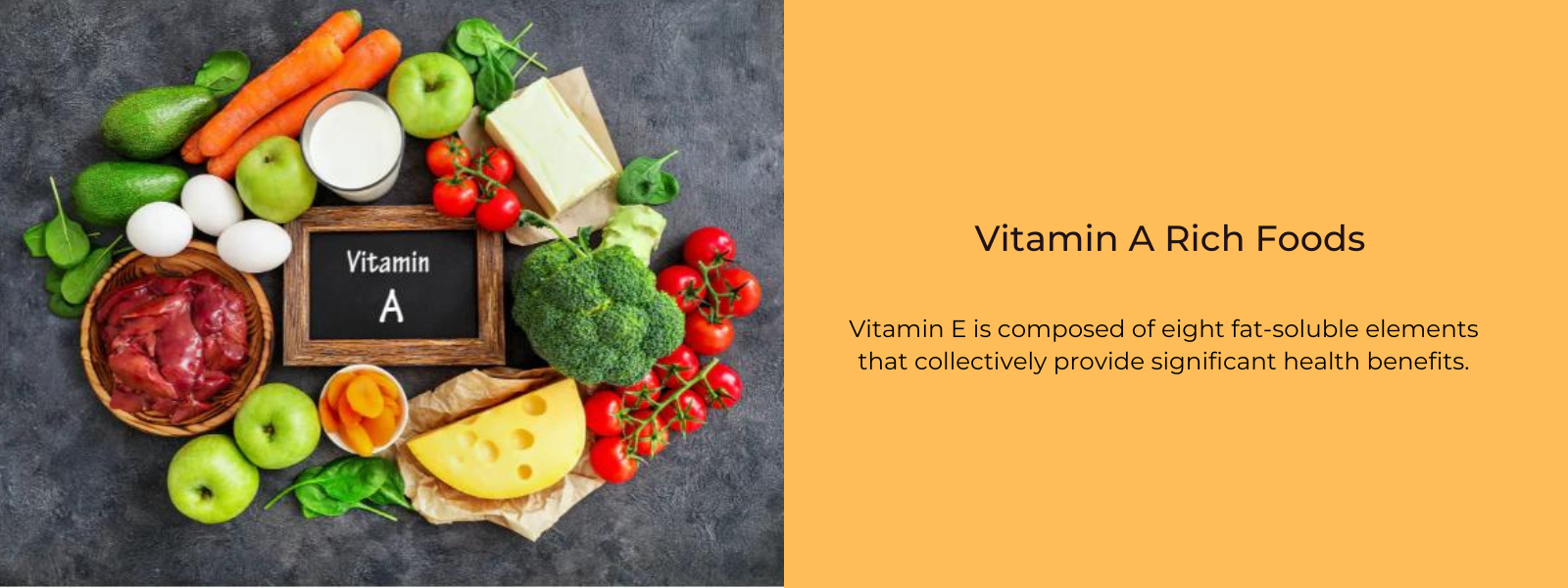
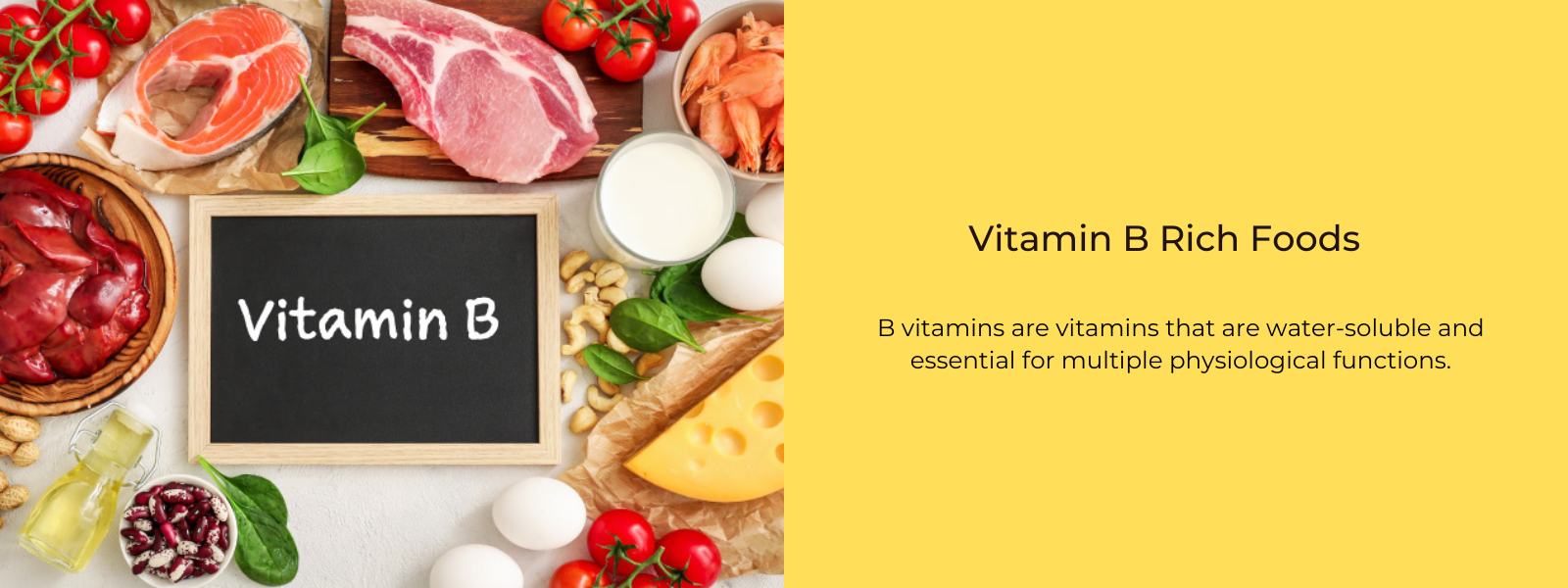
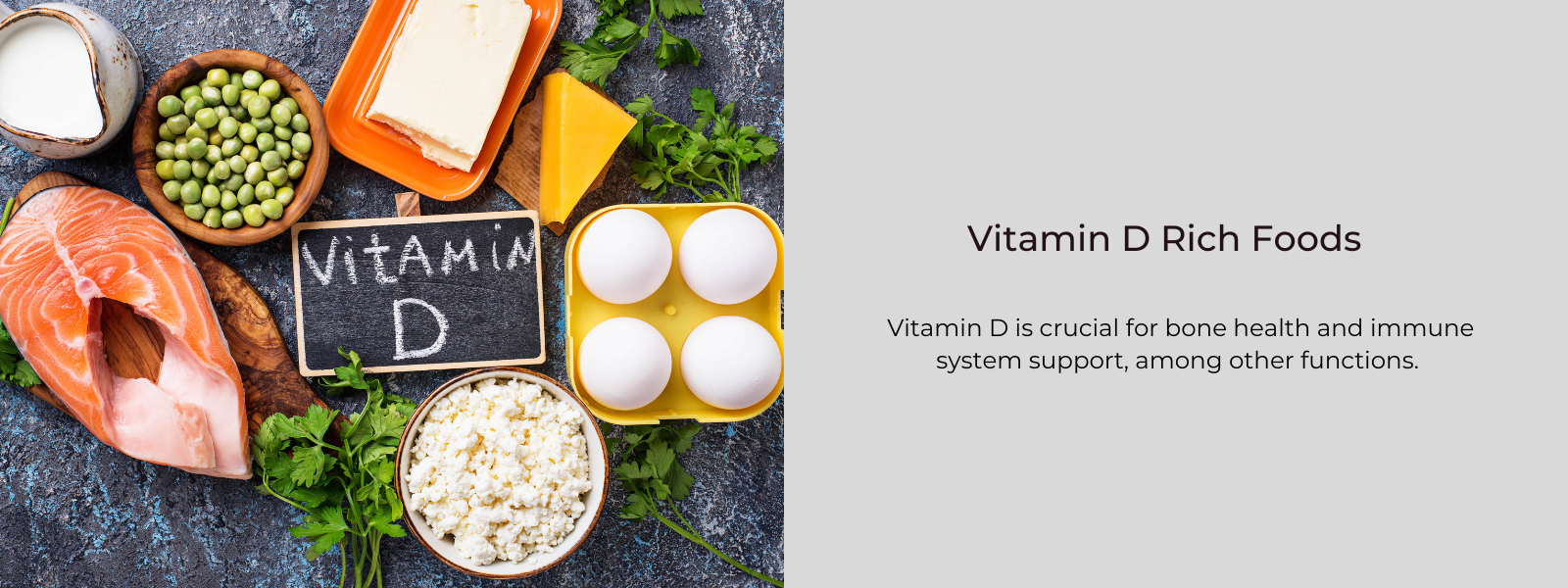
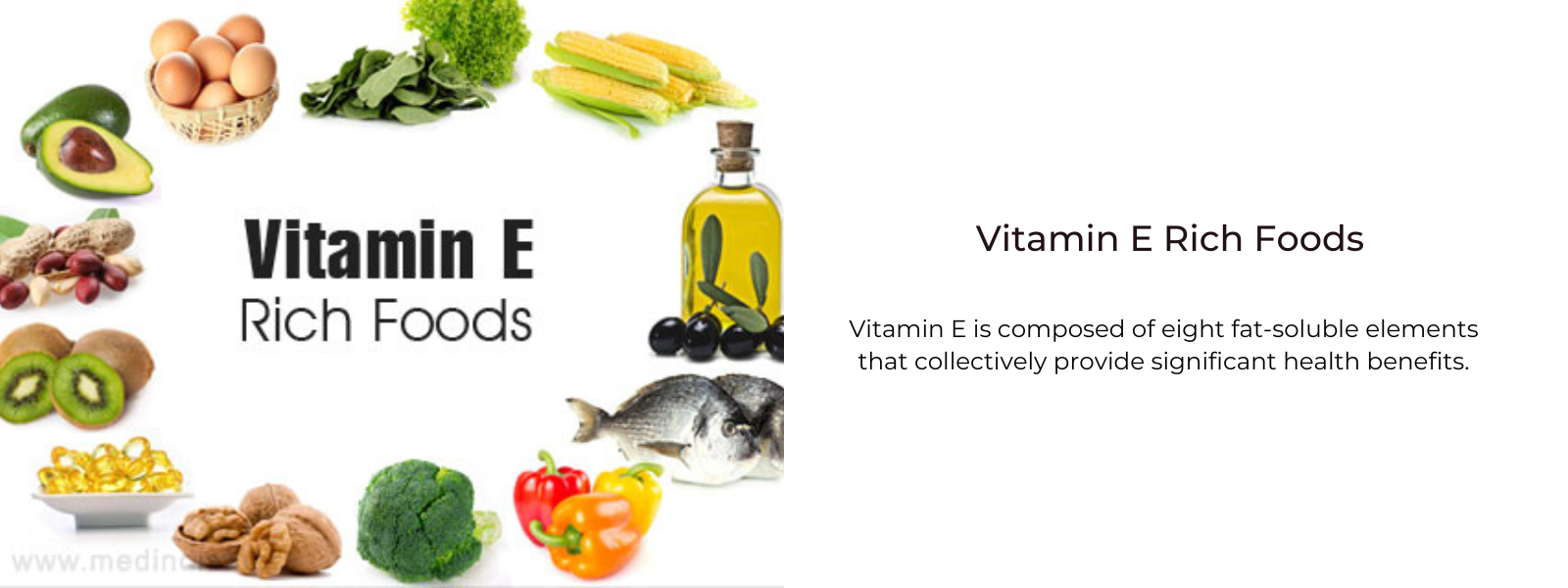
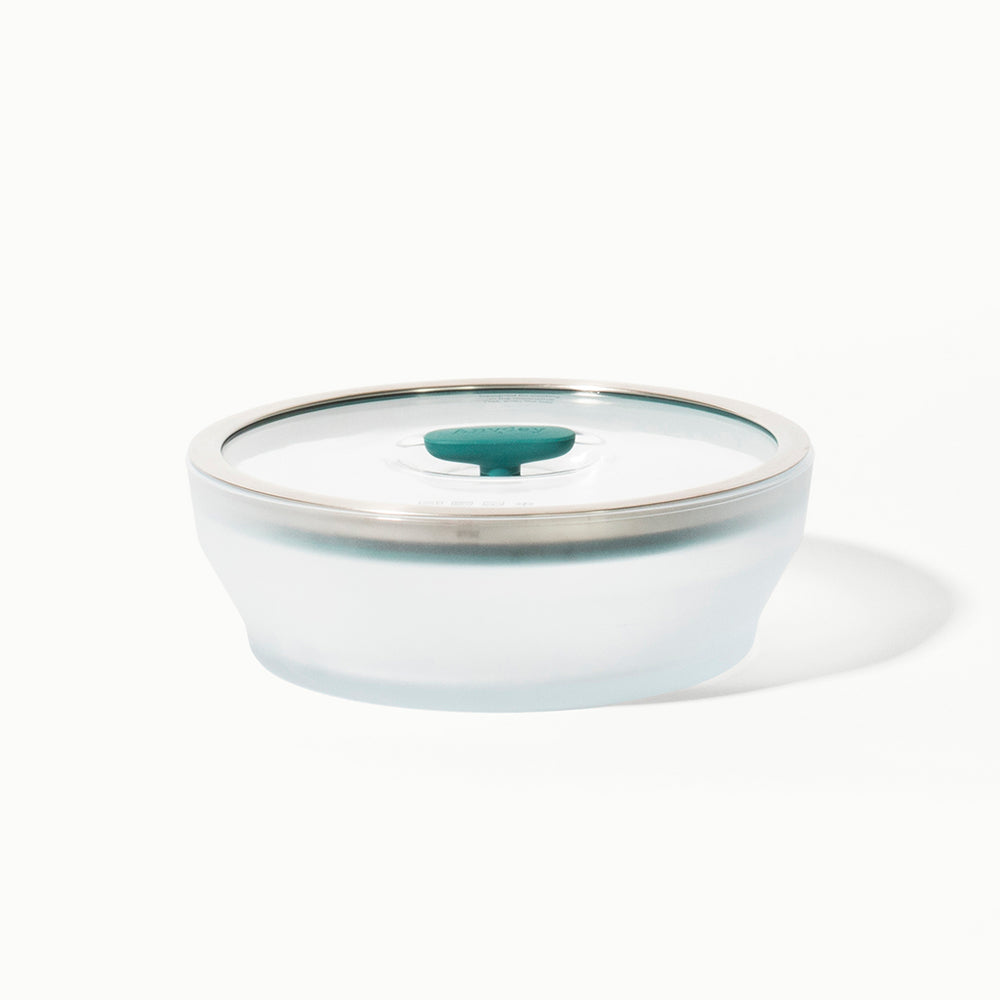
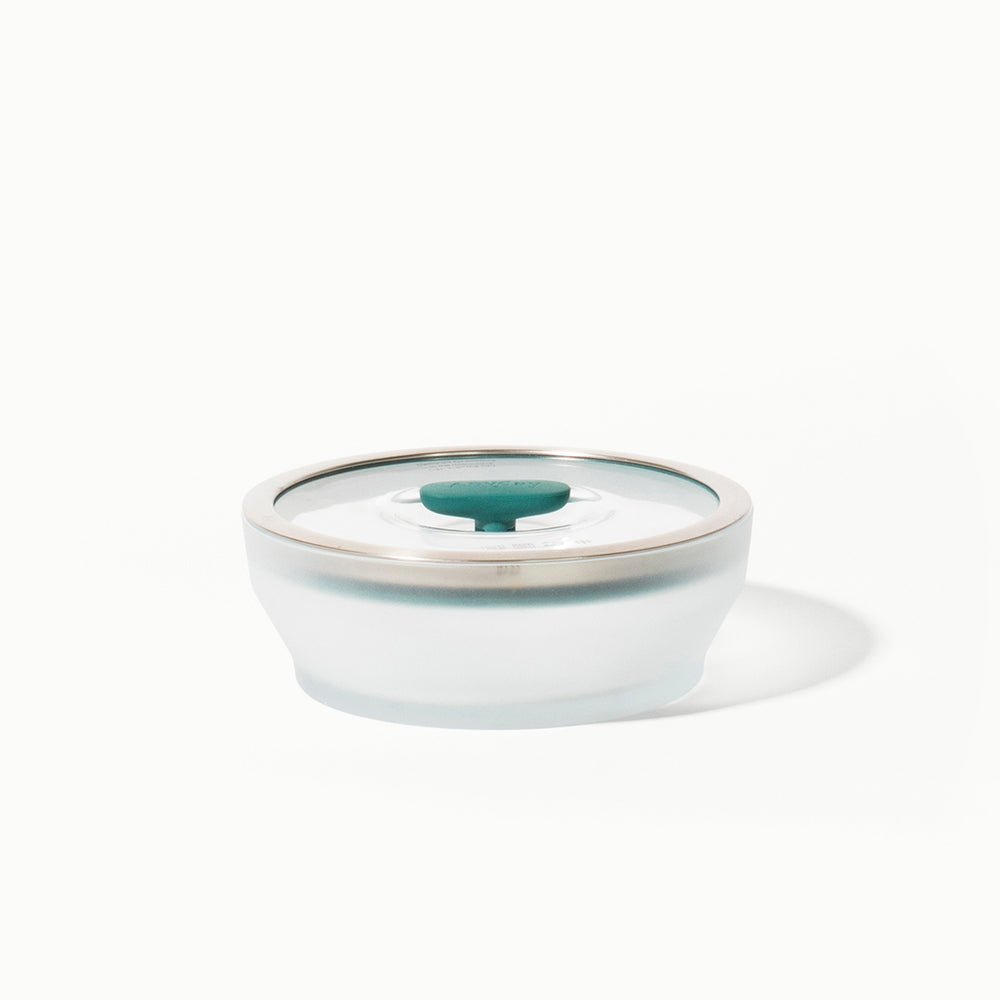




Leave a comment